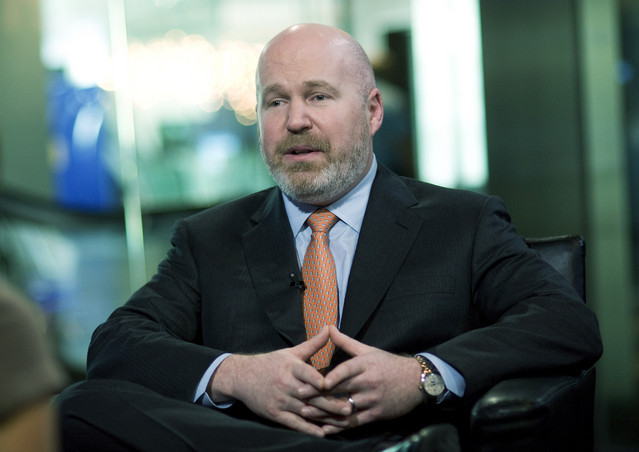by Isaac Presley, CFA, CFA Institute
Based on the number of notes I’ve written in the margins, the quantity of words I’ve underlined, and how often I pull it from the shelf, The Hard Thing About Hard Things by Ben Horowitz has my vote for the best business book.
It contains an invaluable essay — “Good Product Manager/Bad Product Manager” — that serves as a useful training document for the position and expands on the characteristics, habits, and mindset that separate — you guessed it — good product managers from bad ones.
Inspired by that essay, here is my take on what distinguishes good financial advisors from the rest:
Good advisors understand financial planning, taxes, estate planning, insurance, economics, and investing. But more than that, they know how each affects their clients’ lives. Good advisors have a strong base of knowledge and confidence.
Good advisors champion their clients and take responsibility for their financial performance. They do not give excuses. They build relationships over time to understand the complete context of a client’s situation. They take seriously the responsibility for devising winning financial plans that they can execute together with their clients. Bad advisors make excuses for poor performance, lack of communication, fees, etc.
Good advisors know about smart investment strategies but recognize that investing is only the engine of a financial life, not the navigational system. The client sets the goals to navigate toward.
Good advisors take the time to have a conversation with clients about their recent life events, priorities, goals, or objectives. Bad advisors spend their time telling clients about the performance of their accounts, their firm’s market forecasts, and a never-ending stream of hot investment ideas. Bad advisors don’t consider their clients’ non-investing financial priorities, such as estate planning and taxes.
Good advisors have an external focus. They are constantly looking to add value for their clients. They ask, “What are the pain points this client is dealing with and how can I help?” Bad advisors are inwardly focused, asking, “What are my priorities? What actions do I want this client to take?”
Good advisors clearly articulate why their clients should care about a particular financial strategy. Bad advisors merely cover every feature, emphasizing technical accuracy over nuanced insight.
Good advisors ask the questions. Bad advisors wait for the questions to be asked.
Good advisors are continually learning. Bad advisors are set in their ways, insisting that, “This is how I’ve always done it, so why change now?”
Good advisors build trust by following through on commitments and explaining all planning and investing strategies in a way clients understand. Bad advisors say, “Trust me,” and leverage human nature, get-rich-quick schemes, and fear.
Good advisors give the best advice they can, even if it’s boring and unsexy. They make sure their clients take their medicine, even when it doesn’t taste very good.
Good advisors know when to say “no” and have the courage to stand on principle. Bad advisors take orders from clients, even when those orders may be damaging to their long-term financial well-being, just to keep them with the firm.
Good advisors recognize that the future is unknown. They consider multiple possible outcomes and strive to maximize the probability of success in the face of an uncertain future. Bad advisors are 100% certain how their recommendations will work out.
Good advisors err on the side of clarity. They are willing to explain the obvious to ensure everyone is on the same page. Bad advisors assume everyone heard and understood.
Good advisors fulfill their commitments to clients and co-workers on time, every day, because they are disciplined. Bad advisors forget or neglect to because they don’t value discipline.
Good advisors proactively define their role and their success based on what’s best for their clients. Bad advisors prefer to be told what to do.
Good advisors make things as simple as possible while still considering all necessary factors. They focus on what matters. Bad advisors complicate things in an attempt to sound smart or to confuse clients in order to sell more products.
The clients of good advisors know exactly how their advisor is paid. The clients of bad advisors have no idea, or worse, think they’re working for free.
And last but not least, good advisors are true fiduciaries.
What did I miss? How do you define a good financial advisor?
Copyright © CFA Institute











